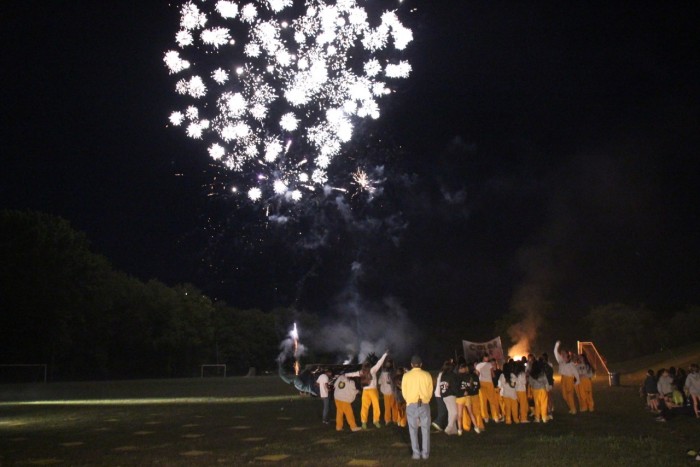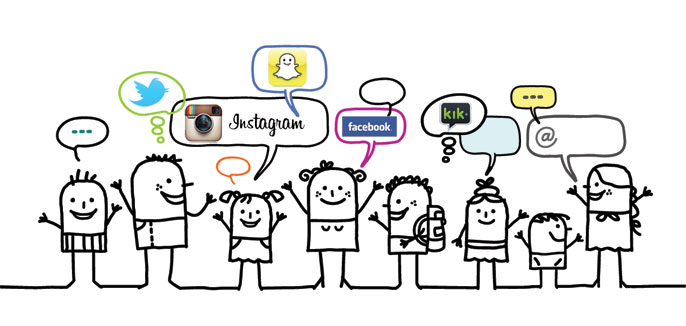
It’s no secret that technology, even as it makes life easier, also leads to complications — especially when it comes to interpersonal communication, and especially for young people. Teens, tweens and even small children are spending more time with devices than ever before, and it’s complicating their lives in ways that are both expected and surprising.
One of our favorite writers, Rachel Simmons, breaks down some of the complex psychology and positioning that takes place on just one social platform, photo sharing service Instagram, in this piece for Time:
Instagram’s simplicity is also deceiving: look more closely, and you find the Rosetta Stone of girl angst: a way for tweens and teens to find out what their peers really think of them (Was that comment about my dress a joke or did she mean it?), who likes you (Why wasn’t I included in that picture?), even how many people like them (if you post and get too few likes, you might feel “Instashame,” as one young woman calls it). They can obsess over their friendships, monitoring social ups and downs in extreme detail. They can strategically post at high traffic hours when they know peers are killing time between homework assignments. “Likes,” after all, feel like a public, tangible, reassuring statement of a girl’s social status.
While young people are doing all this delicate negotiating online, they may be losing the ability to communicate effectively in person. New York Times columnist Bruce Feiser wrote recently about a Stanford communications professor who told him about “research he was doing that suggested young people were spending so much time looking into screens that they were losing the ability to read nonverbal communications and learn other skills necessary for one-on-one interactions.”
How much screen time are we talking about? According to Feiser:
The Kaiser Family Foundation puts media use among 8- to 18-year-olds at more than 7.5 hours a day. A study released this month by the Pew Research Center showed that a quarter of teenagers are online “almost constantly.” Among 12- to 17-year-olds, texting has become the primary means of communication, outstripping direct human contact.
Although there’s no consensus about the extent to which excess screen time may be detrimental to children and teens, there’s no question that as technology becomes a bigger part of our lives, it’s important that we give kids time away from their devices to learn how to communicate constructively face to face. That’s why Lake Bryn Mawr Camp is a cell phone-free zone. Instead of trying to interpret their social standing through Instagram likes and re-Tweets, we want campers to be able to relax, act like kids, and learn how to foster healthy friendships that don’t have anything to do with comments, likes and shares. We want them to learn how to solve problems in constructive ways, by talking to their friends honestly about their feelings and learning how to listen when others have something to say.
The good news, according to Feiser, is that research suggests that time away from screens can help rebuild communication skills. In a 2012 study (conducted at a summer camp!), researchers found that “After five days without screens, the children at the camp were significantly better at reading nonverbal emotional cues.”
When there is down time at camp, instead of filling it with Candy Crush and Yik Yak, our campers use that time to bond with their friends, make up dance routines, act silly, tell jokes, play games, braid hair, and otherwise enjoy one another’s company… and you know what they’re doing at the same time? That’s right: learning to read emotions, communicate face-to-face, and interact in constructive ways with the people around them.
We know that for some children, technology isn’t just a way to connect with others — it can be an escape into a personal world through games, e-books and other solo pursuits. There’s a place for “me time” at camp, too; instead of screen time, though, our campers take time alone to write letters or journals, draw, make bracelets, or read. And there’s no better way to wind down after a long and fun-filled day than with a good book! We love this list of inspirational books for little girls and these empowering books for middle school girls. Who needs YouTube when you can share the adventures of a self-rescuing princess or a young explorer?


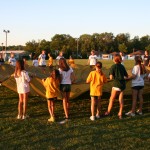
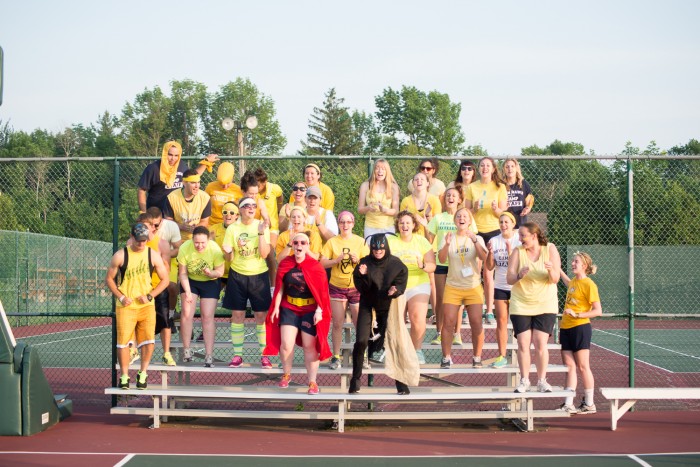
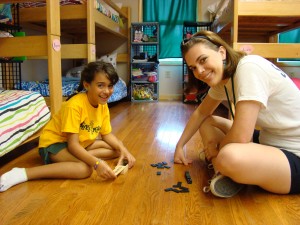


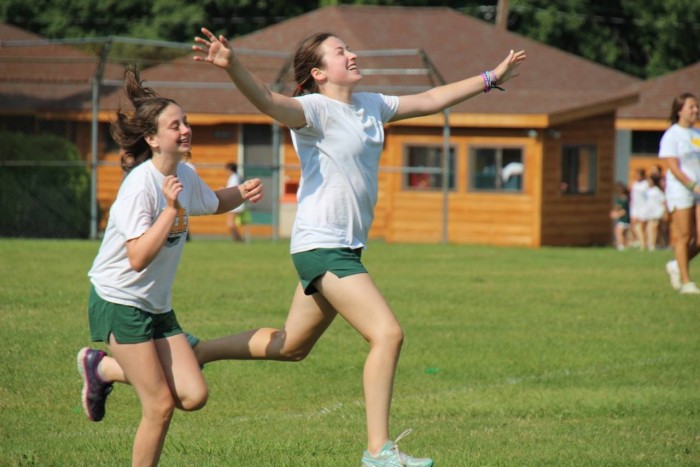
 I have been going to the same camp for the past 7 years of my life. Before I was a camper, however, I was an Explorer. This past summer, now that I was in the oldest age group, I decided to help out with the Explorer Program. First we had to greet the shy campers coming off of the bus, and explain to them everything that camp had to offer. From there, we were meant to be their part-time counselors. This included taking them to and from each activity, making sure they knew the Talent Show dance we choreographed for them, helping them get to bed on time, and even helping them get dressed in the morning. Although difficult at times, this was quite the interesting experience.
I have been going to the same camp for the past 7 years of my life. Before I was a camper, however, I was an Explorer. This past summer, now that I was in the oldest age group, I decided to help out with the Explorer Program. First we had to greet the shy campers coming off of the bus, and explain to them everything that camp had to offer. From there, we were meant to be their part-time counselors. This included taking them to and from each activity, making sure they knew the Talent Show dance we choreographed for them, helping them get to bed on time, and even helping them get dressed in the morning. Although difficult at times, this was quite the interesting experience.